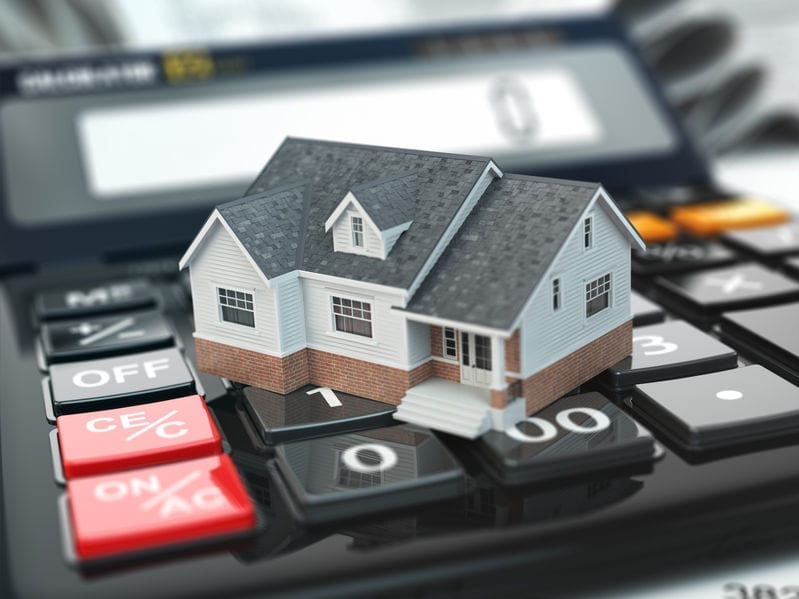If you're planning to buy a home in Albuquerque, earnest money is just one of the terms you need to be aware of. It is often overlooked by buyers, but not understanding it can cause roadblocks once you’re ready to make an offer.
The Basics of Earnest Money
Simply put, earnest money is a deposit that the buyer makes on the property to indicate that he or she is serious about buying it. The earnest money might range from 1% to 5% of the total purchase price.
After accepting the earnest money, the seller will take the home off the market. This will enable them to start getting things ready, such as inspections.
While you wait for your closing, your earnest money goes into an escrow account. The escrow account is held by either the seller's broker or title company, or by an escrow company.
The earnest money is kept securely until closing. Then, the earnest money is deducted from your total payment and applied to closing costs.
How Much Earnest Money Should You Offer?
The earnest money is typically between 1% to 5% of the total purchase price. However, there are many causes for variance. For instance, some cities might require you to pay a fixed amount while others may prefer a percentage.
It is not unusual for earnest money deposits to be very high in highly regarded housing markets. Your real estate agent will help you know what to expect in your area.
Earnest Money Is Not a Down Payment
Many buyers are confused by the idea of earnest money—it is not a down payment. Your down payment will be anywhere from 10-20% of your home's purchase price.
Think about the price of a house after adding your earnest money and down payment, and then figure out how much you need to pay for the house down payment and closing costs later. Your earnest money is usually due with your offer, while the down payment and closing costs come later.
Is It Refundable?
You should make sure your purchase agreement includes contingencies. These are situations in which you may walk away from a deal and still be able to get your earnest money back.
As an example, you might stipulate a contingency for appraisals that are lower than the sale price.
In a market that is highly competitive, you could agree to a nonrefundable earnest money deposit. That can be very risky since the seller may hold the money if your sale collapses.
The seller can keep your earnest money if you break the terms of your purchase agreement or decide that you do not want to buy a house anymore.
That is why hiring a skilled real estate agent is crucial, like the ones on the Sandi Pressley Team. They will make sure that you fully understand what is involved before you sign anything. Otherwise, you could end up forking over a lot of money you cannot afford.
If you’re buying in a market that’s not very competitive, earnest money isn’t a requirement. It is however a good way to beef up an offer, especially if you expect there will be multiple offers on the house you want.
